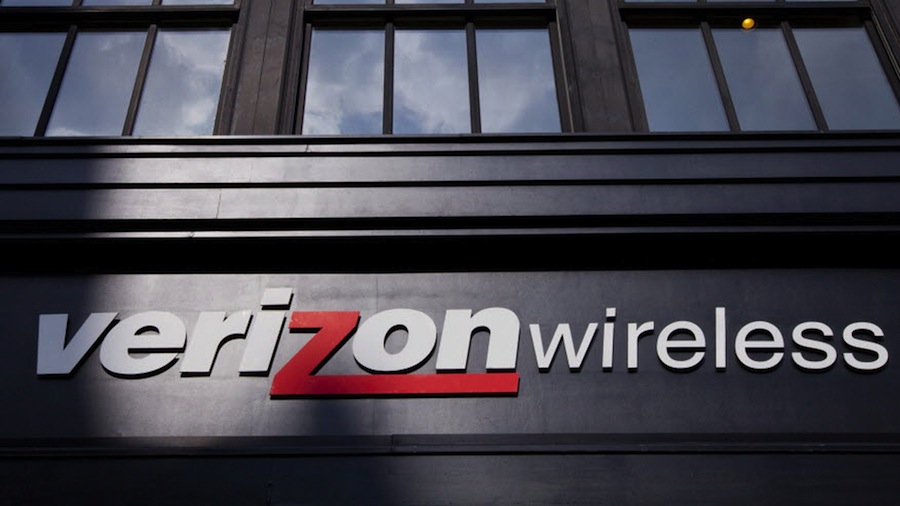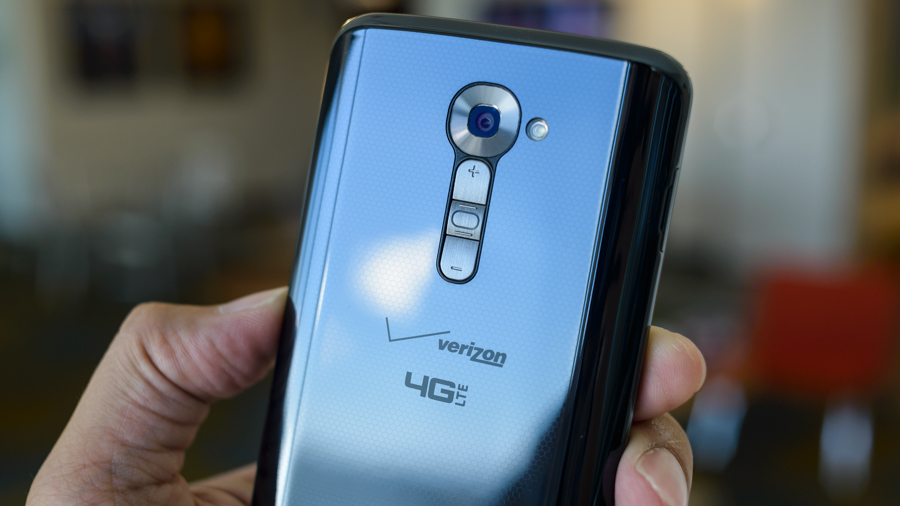Verizon CDMA explained
How is Verizon CDMA different from other networks?

As many of us adopt smartphones, like the hot HTC One or Droid Ultra, and take a more keen interest in wireless technology, we start to wonder about our networks. Verizon's CDMA network, for example, seems to come up in discussion often. How is it different from AT&T's network, or from Sprint?
AT&T uses GSM technology, just like T-Mobile. Verizon and Sprint, on the other hand, use CDMA, which stands for Code Division Multiple Access.
All it means is that Verizon can pile on several people to use its network at once. After all, there are millions of us sending messages, checking Facebook and making phone calls on Verizon's network every day. We all need to get on it at the same time somehow!
Verizon CDMA history
Of the four major carriers in the United States, two of them run CDMA technology - those would be Verizon and Sprint. The other two, AT&T and T-Mobile, use GSM technology.
Although it seems antiquated now, CDMA was the new technology on the block in the 1990s. That's why Verizon went with it.

It was also more powerful and flexible than GSM at the time, so it made sense for Verizon and Sprint to jump on it.
Once 3G came around, Verizon's CDMA network used EV-DO, which carried the disadvantage of being limited to data or voice calls only - never both.
Get daily insight, inspiration and deals in your inbox
Sign up for breaking news, reviews, opinion, top tech deals, and more.
Verizon CDMA vs. GSM
As a consumer, there are just a few things you need to be concerned with when it comes to the big differences between CDMA and GSM devices.
Historically, Verizon CDMA devices didn't have the same battery life as GSM devices on AT&T or T-Mobile. However, with new smartphones and monster batteries inside them, it's not as big an issue anymore.
Another concern is that Verizon phones weren't that great for traveling abroad. The majority of the rest of the world was using GSM technology, and the countries and regions that used CDMA weren't always compatible with Verizon's devices.
The biggest difference for consumers is the inability to easily swap phones on Verizon's CDMA network. To this day, you can't just go out and buy an unlocked device and expect to use it immediately on Verizon, if at all.
With unlocked GSM devices, you can hop back and forth between AT&T and T-Mobile freely, or any other GSM carrier in the world - prepaid or post-paid.
On Verizon, your phone has to be compatible with the carrier's network. If you break or lose your device, for example, you're probably going to have to have a headache getting a new one to use because there's a chance you'll have to pay full retail price for the device (unless you have insurance or some other deal worked out).
Verizon CDMA and the coming of LTE
When 4G LTE made its way to the U.S., it was great news for Verizon subscribers. LTE, which stands for Long Term Evolution, is what most consider to be "real" 4G, versus the speedier 3G that T-Mobile and AT&T tried to pawn off as legitimate 4G. A marketing scheme that worked, sadly, and even forced the ITU, or International Telecommunications Union, to stretch its rules on what is and isn't 4G.

LTE, in an unscientific and completely subjective experience, is a gazillion times faster than Verizon's 3G EV-DO technology. Moreover, it now allows you to make phone calls and use data on the same handset.
Another advantage of Verizon's 4G LTE devices is that they support the use of SIM cards, and some Verizon devices have their SIM cards unlocked.
What does that mean for you? When you're traveling overseas, you can use prepaid SIM cards in your Verizon smartphone as long as it is SIM unlocked.
This still doesn't change the fact that your device is chained to Verizon. You still won't enjoy the benefits of swapping devices easily or changing carriers like you would with GSM technology.
Verizon CDMA's future
In short, Verizon may no longer use CDMA technology for its smartphones as early as 2014. With the advantages of LTE, and perhaps VoLTE, or Voice Over LTE, it might make more sense for the carrier to switch over completely.
It's likely that the smartphones Verizon launches in 2014 will still have CDMA chips in them to handle voice calls until VoLTE evolves to better handle calling.
However, there is a good chance that in just a year or two from now, CDMA will have gone the way of Wi-Max. Remember Wi-Max? Boy, that was awful.
One thing is almost certain, though, and that is Verizon CDMA being dead and gone by 2021.